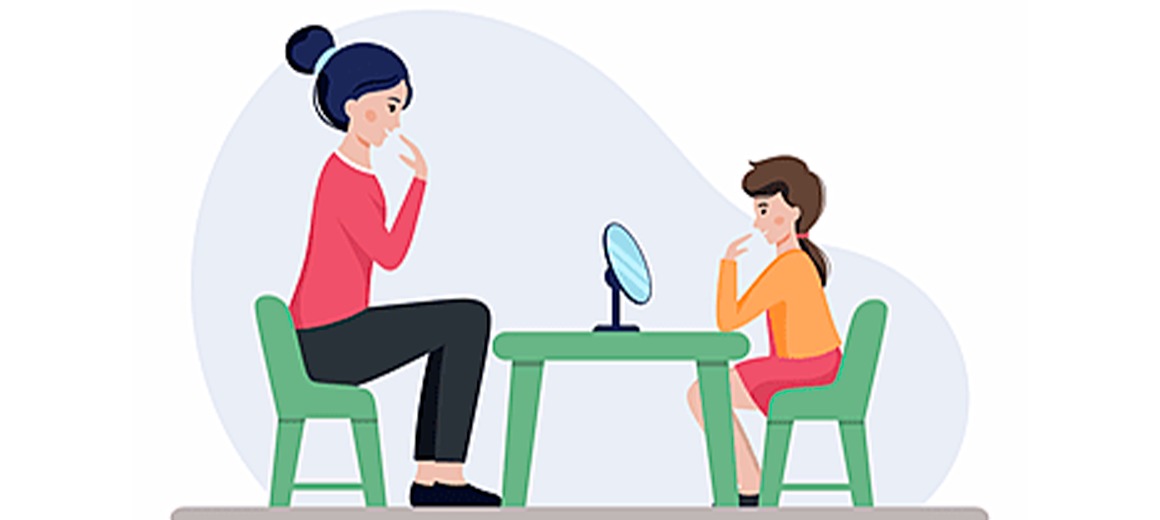![]()
![]()
![]()
![]()
![]()
1 review
3 months ago
Excellent centre for Speech. Durga is very caring and polite. Great improvements for my daughter after I started speech here specially focus and attention.

Responds to very loud sounds such as a bang. The child may blink, wake up or start crying in response to such loud sounds.
Do u have any concern about your child’s talks and speech sounds or if you find any delay in the child’s development mentioned below, Please refer this child for further evaluation to an Audiologist or Speech Language Pathologist.
 Party Time!
Party Time!Lorem ipsum dolor sit amet, consectetur adipiscing elit. Proin eget felis sit amet arcu facilisis dignissim et sit amet arcu. Mauris dui risus, consequat vitae leo non, consectetur malesuada tortor. Ut mollis a velit et pretium. Aliquam ornare justo ut dui volutpat tincidunt. Sed tempor, neque in hendrerit ultrices, purus diam posuere dui, id fermentum risus felis a felis. Nulla bibendum dictum posuere.